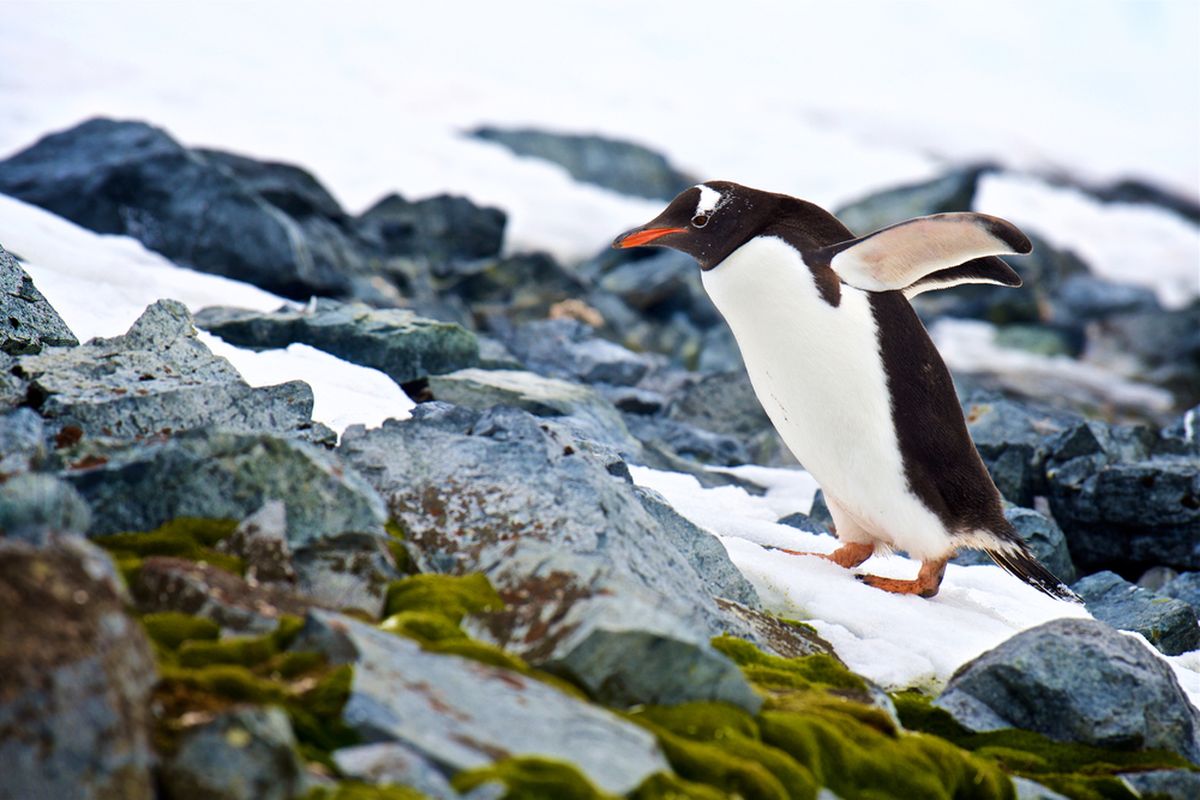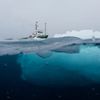Germany’s RV Polarstern Returns Home from North Pole, Warns of a ‘Dying Arctic’

BERLIN, KOMPAS.com - The German research vessel RV Polarstern returned to its homeport after studying the North Pole a year ago and warned of a dying Arctic.
Scientists on a year-long international effort to study the high Arctic disembarked in the North Sea port of Bremerhaven from where the RV Polarstern set off last year prepared for bitter cold and polar bear encounters.
The expedition was not prepared for the pandemic lockdowns that nearly scuttled the mission halfway through.
The German research vessel’s scientists are back in Europe bringing with them a wealth of data that will help researchers better predict climate change in the decades to come.
Read also: Leaders Warn UN: If Covid-19 Doesn’t Kill Us, Climate Change Will
“We basically achieved everything we set out to do,” the expedition's leader, Markus Rex, told The Associated Press by satellite phone as it left the polar circle last week. “We conducted measurements for a whole year with just a short break.”
The RV Polarstern had to break away from its position in the far north for three weeks in May to pick up supplies and rotate team members after coronavirus restrictions disrupted carefully laid travel plans, but that didn't cause significant problems to the mission, he said.
“We’re bringing back a trove of data, along with countless samples of ice cores, snow and water,” said Rex, an Atmospheric Scientist at Germany’s Alfred Wegener Institute for Polar and Ocean Research that organized the North Pole expedition.
More than 300 scientists from 20 countries, including the United States, Britain, France, Russia and China took part in the 150-million-Euro ($177-million) expedition to measure conditions in one of the most remote and hostile parts of the planet over the course of a whole year.
Much of the information will be used to improve scientists' models of global warming, particularly in the Arctic, where change has been happening at a faster pace than elsewhere on the planet.
Read also: Sink or Swim as Rising Sea Levels to Reach 40cm by 2100
As part of the North Pole expedition, known by its acronym MOSAiC, the Polarstern anchored to a large floe last fall and set up a camp on the ice, creating a small scientific village protected from wandering polar bears by alarms and scouts.
“We went above and beyond the data collection we set out to do," said Melinda Webster, a sea ice expert at the University of Alaska, Fairbanks, whose work is funded by NASA.
Webster, who led a team of 14 scientists on board the German research vessel during the fourth leg of the trip in the Arctic, said it will likely take years, or even decades, to sift through the data.
“This is an extremely exciting time to get into Arctic science because of the changes that are happening," she said.


































